
Strengthening Anglophone African Media Oversight of the Extractive Sectors: 2015 Class Profiles
In October 2015, 24 Ghanaian, Tanzanian and Ugandan journalists participated in NRGI’s program on Strengthening Media Oversight of the Extractive Sectors. It was the sixth iteration of the 12-day Africa regional core course.
Over the next six months, the journalists will be supported to deepen their understanding of governance issues in the oil, gas and mineral industries through various learning activities and opportunities.
Below is some background on the participants.
GHANA
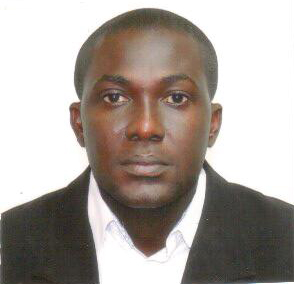 Elton Brobbey
Elton Brobbey
Elton has practiced journalism for the past eight years. He is a senior broadcast journalist with Joy FM and has covered parliament extensively, among other beats. He expects that better understanding of the extractive sector will enable him to report more accurately when issues are brought for debate before parliament.
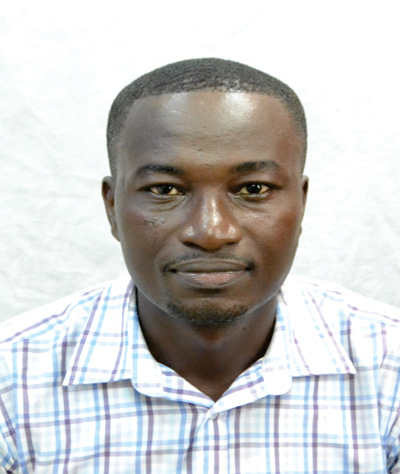 Francis Whajah
Francis Whajah
Francis is the assisting news editor for Radio Maxx and also reports for Joy FM. He wants to deepen his knowledge of the extractive sector so that he can highlight issues raised by communities and civil society groups.
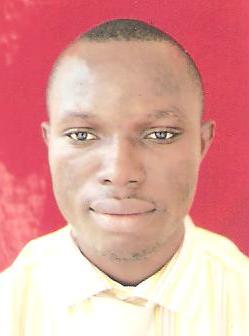 Godwill Arthur-Mensah
Godwill Arthur-Mensah
Godwill has been working as a reporter for Ghana News Agency since 2010. He believes that despite the country’s vast natural resources, Ghanaians, especially those living in resource-rich areas, have remained poor and are without access to social services or mineral revenue. Deepening his understanding of the extractive sector will allow him to explore these issues in detail.
 Jessica Acheampong
Jessica Acheampong
Since 2011, Jessica has been a business and financial journalist, reporting on the banking, housing and extractive sectors for Graphic Business. She says that deepening her understanding of extractive issues will broaden her knowledge and skills to effectively educate her readers about the sector. She hopes her informed reporting will help policymakers and entrepreneurs to make better policies and business decisions, respectively.
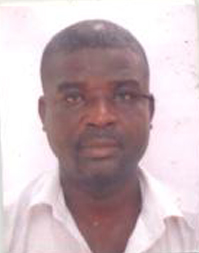 Justice Adoboe
Justice Adoboe
Justice is a senior correspondent for Xinhua News Agency, a position he has held since 2008. He hopes that deepening his understanding of extractives will improve his reporting on issues such as licensing, exploration, production, revenue distribution and environmental governance issues.
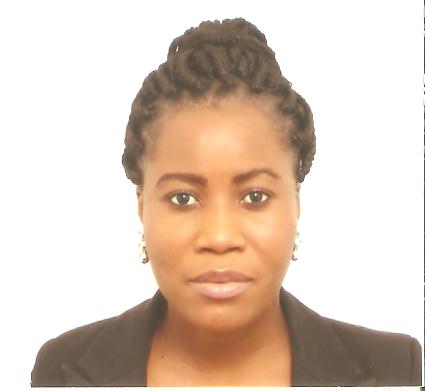 Mariilyn Badoo
Mariilyn Badoo
Mariilyn is a staff writer/reporter for Public Agenda. In 2011, she received the best journalist award for natural resource and environmental governance in Ghana from KASA International. She wants to deepen her understanding of the extractive industries in order to improve her reporting, to engage stakeholders from a point of knowledge and to push for tangible benefits for poor communities in resource-rich areas of Ghana.
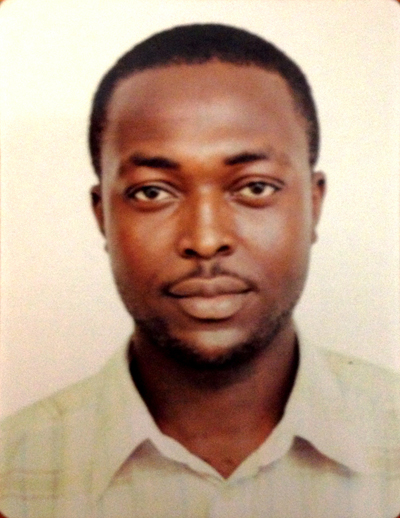 Prince Appiah
Prince Appiah
Prince is a development and community journalist and has worked with Luv FM since 2013, where he has been interested in the environment, agriculture, health and education. With hydrocarbons taking on a more important role as engines of growth, Prince hopes that his reporting as a result of the program will shed light on how the resource potential of Ghana can either transform the country or undermine its development.
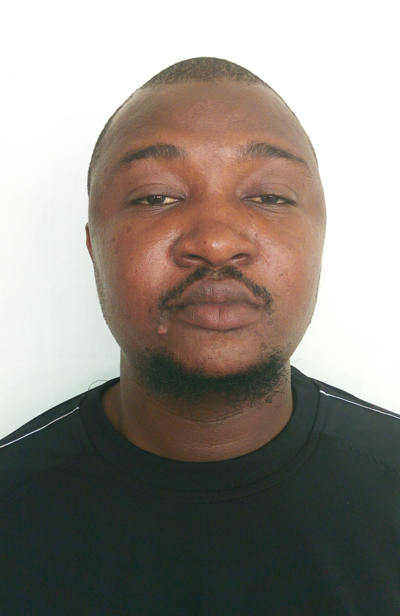 Tanko Rabiu
Tanko Rabiu
Tanko works with TV3 as the Upper East regional correspondent, a position he has held since 2012. As the sole correspondent in the region, Tanko covers different news beats including mining, oil and gas. From his experience covering the extractives sector in Ghana, he has noticed how ignorance about the sector has prevented local communities from demanding the benefits due to them from mineral revenues and holding their leaders accountable. He believes that deepening his understanding of the governance challenges in the extractive sector will equip him to him to highlight such issues.
TANZANIA
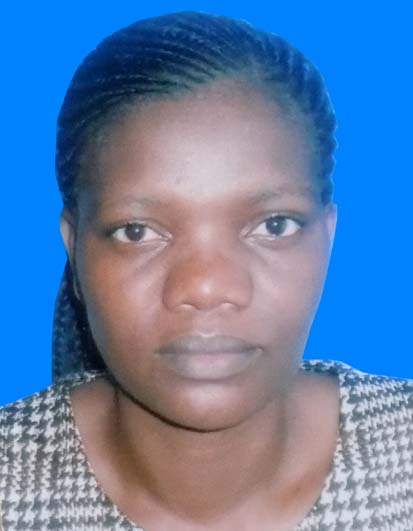 Enles Mbegalo
Enles Mbegalo
Enles writes for The Guardian and has been practicing journalism for four years. She is interested in understanding more about extractives, especially the legal, political, and institutional factors that drive the sector. With new knowledge about the sector, Enles hopes to hold leaders to account for their decisions about the country’s natural resources through her stories.
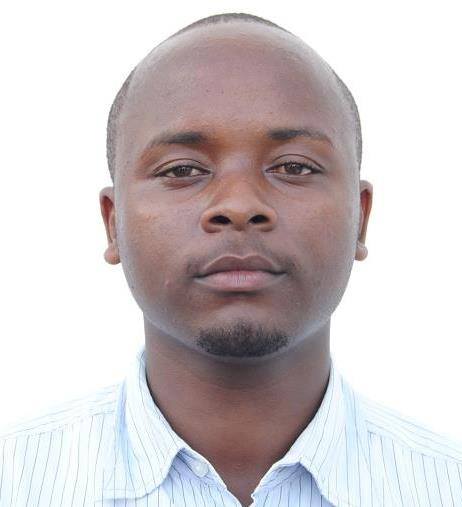 Frank Mawenya
Frank Mawenya
Frank is a news reporter for The Guardian, having started his journalism career in 2010. Having previously attended various seminars on oil and gas, he looks forward to addressing the governance challenges facing the extractive industry through his stories. He also hopes to inform Tanzanians about the potential the country’s growing extractive industry offers for economic development.
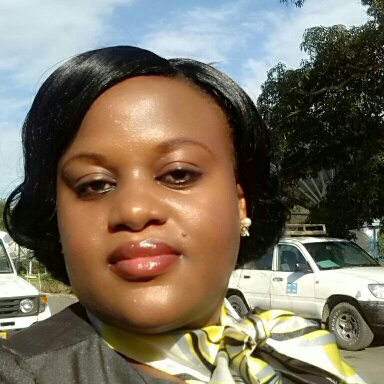 Leah Mushi
Leah Mushi
Leah is a senior journalist at the Tanzania Broadcasting Corporation. Since she started her journalism career in 2005, she has specialized in reporting about the environment and politics. As a senior journalist with the public broadcaster, Leah usually interviews government officials and stakeholders in the oil and gas sector. Broadening her knowledge of the sector will enable her ask the right questions so that her audience can benefit and learn more about what is going on and its benefits to the country.
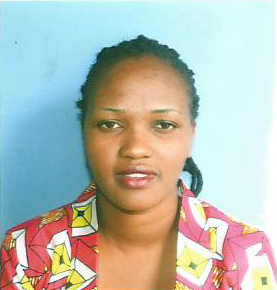 Nyamiti Mkama
Nyamiti Mkama
Nyamiti is a reporter, presenter and producer for Star TV. She has covered extractives in Tanzania’s Lake Zone, especially the Geita gold mine, where complaints about irregular eviction of small-scale miners are common. She expects to use the program to hone her skills in reporting about the extractive industry. Her ambition is to highlight issues such as the persistent conflict between large-scale and artisanal miners, how Tanzania will benefit from recently discovered hydrocarbons, as well as the policy and regulatory issues in the sector.
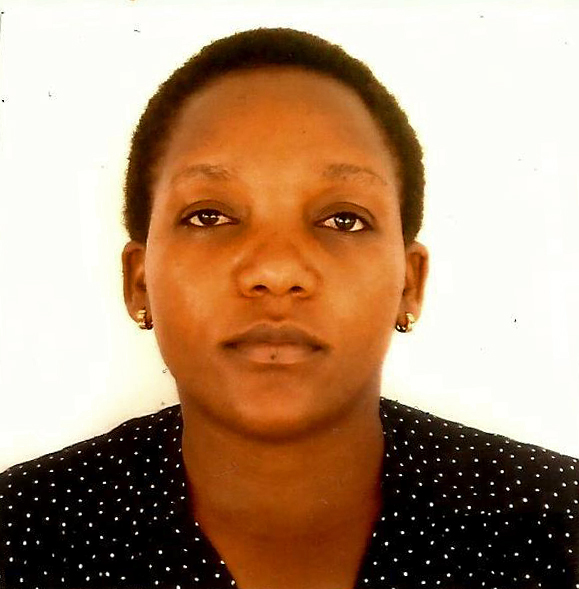 Rehema Matowo
Rehema Matowo
Rehema is a Kilimanjaro-based journalist with Mwananchi. Her goal is to improve her understanding of oil and gas, which is a new sector in Tanzania. She hopes that the knowledge attained through her participation in the program will enable her to better inform and educate Tanzanians about the extractive sector. Rehema believes that since the media is a mirror of society, her balanced reporting will help to prevent conflicts that could arise due to inaccurate reporting about a sector that is considered so crucial to the country’s future growth.
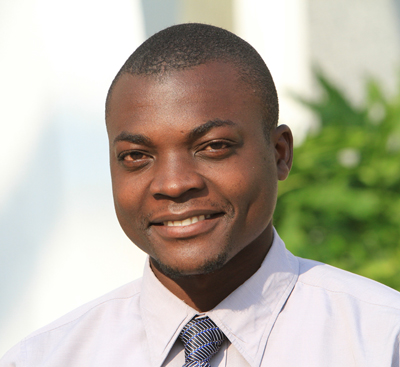 Sylivester Domasa
Sylivester Domasa
Sylivester is a news reporter with The Guardian, with six years of experience in both print and electronic media. From his perspective, enhancing his understanding of governance issues in the extractive industry will offer him the skills and tools to critically analyze and report constructively on what is happening. He plans to use his newly acquired knowledge explore how the country’s natural resources can benefit local communities, especially women and children.
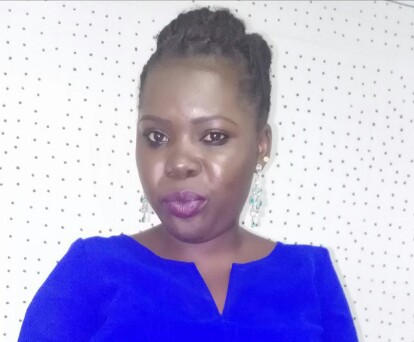 Sylvia Mwehozi
Sylvia Mwehozi
Sylvia is a producer and reporter at Mlimani TV/Radio and has been in journalism for over 10 years, covering oil and gas, among other issues. She also mentors and supervises journalism students at the University of Dar es Salaam. Sylvia says that Tanzania’s gas sector, in particular, is in its infancy, yet citizens have many expectations. She wants to deepen her understanding of the sector so that she can provide factual information about the benefits from extraction of natural resources.
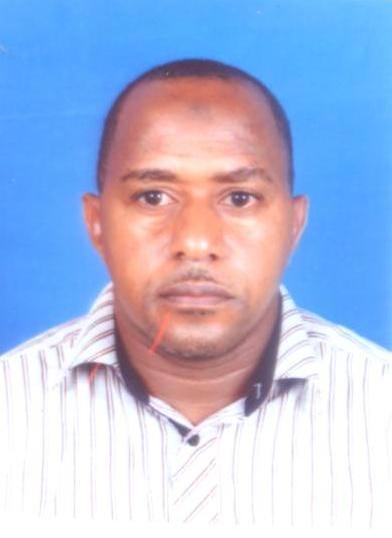 Talib Ussi Hamad
Talib Ussi Hamad
Talib works at Mwananchi and The Citizen in Zanzibar and has been a journalist for 10 years. He has concentrated on the environment beat for most of his career to this point. Since the program seeks to promote effective and consistent oversight by the media of extractive resources and revenues, Talib looks forward to building his knowledge of the extractive industry beyond environmental issues. He plans to take advantage of the program to get the exposure and information he needs to master the extractive industry as Tanzania prepares to expand oil and gas exploration activities.
UGANDA
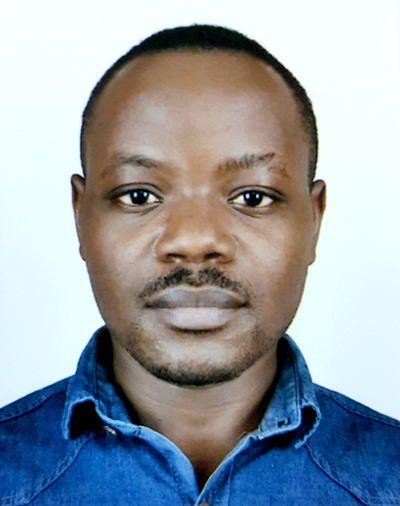 Ignatius Bahizi
Ignatius Bahizi
Ignatius reports for the BBC World Service. His reporting for the BBC has mainly focused on conflict in the Great Lakes region of Africa, with a link to the role played by natural resources in civil strife. Ignatius notes that natural resources play a big role in the politics of the Great Lakes region. Understanding the sector better will help him report from an informed point of view, especially in places like the eastern part of the Democratic Republic of Congo, where natural resources are at the center of decades of conflict and human suffering.
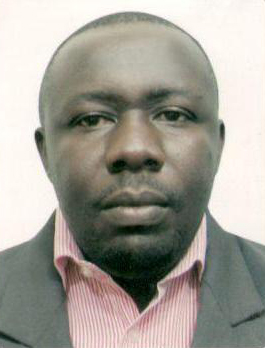 Thembo Kahungu
Thembo Kahungu
Thembo is a correspondent for Uganda Radio Network based in the western district of Kasese. His career as a journalist dates back to 2007. Over the years, he has covered the mineral sector extensively. By participating in the program, Thembo hopes to better understand how to integrate oil and gas issues in his coverage of local governance issues. This will give him the foundation he needs to be able to investigate governance in the management of the extractive sector and how locals can benefit from the country’s natural resource wealth.
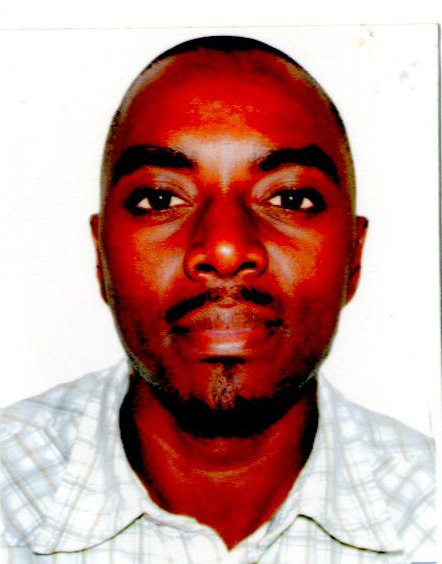 Pascal Kwesiga
Pascal Kwesiga
Pascal is a staff reporter with New Vision and has been with the paper since 2008. He believes that it is critical for him as a journalist to acquire a great deal of knowledge about his subject so he can report about it from an informed point of view. Pascal says that one cannot write compelling, comprehensive and informative stories about an issue they are not informed about. Although he has written about the oil and gas industry in Uganda for some time, he believes that deepening his understanding of extractives will help him fill the knowledge gaps.
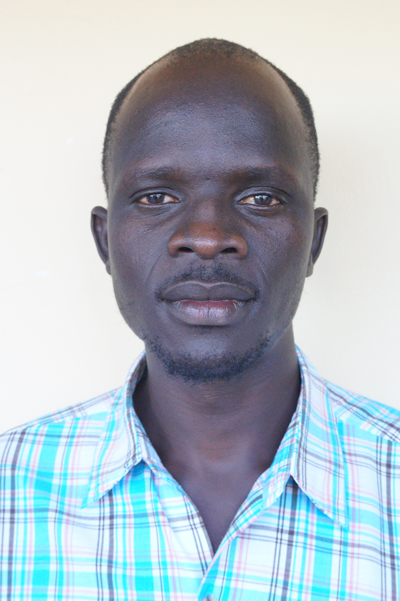 Taibot Marko
Taibot Marko
Taibot has been with Radio Pacis since 2009 as a news reporter and talk show host. He recently became the station’s bureau chief in Moyo District, northwestern Uganda. He wants to produce informed analysis, commentaries and investigative stories about the extractive sector. His hope is that when citizens are informed and knowledgeable about extractives, they will be in a better position to put pressure on their leaders to make the right decisions and to perform efficiently in managing the natural resources sector. He believes the training will provide him skills and tools to broaden his understanding of the governance issues critical to the sector.
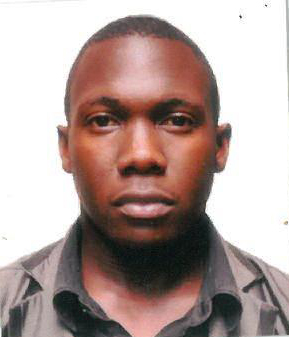 Frederic Musisi
Frederic Musisi
Frederic is an investigations reporter with Daily Monitor, where he has worked since 2012. His primary interests include covering energy, conflict and security, governance and human rights, as well as foreign affairs. Following the oil discoveries of 2006, the rapid developments in the sector have brought with them increased government borrowing, public excitement, corruption and land evictions in the oil-rich area. Frederic wants to polish up his knowledge of the extractive sector so he can better tackle such issues in his reporting.
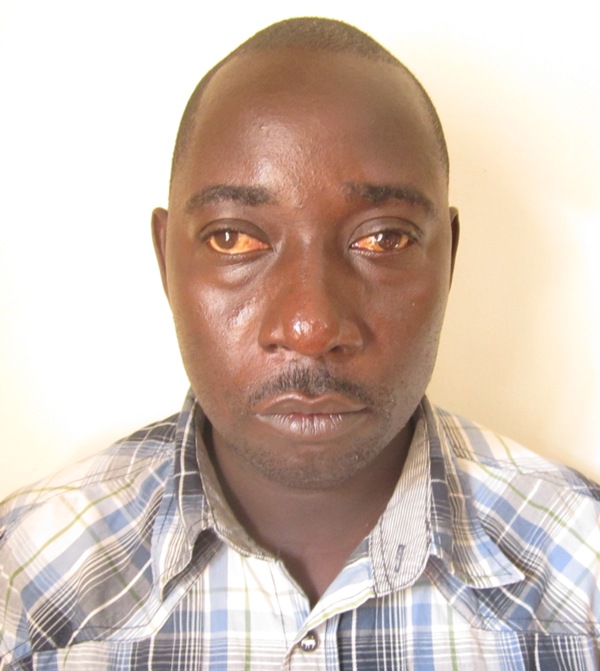 George Muzoora
George Muzoora
George is the news editor for Radio Kitara and a freelance writer for the Daily Monitor. He believes that the training will enhance his skills as an editor and reporter for a sector still considered nascent in Uganda. He hopes to use the knowledge acquired to train fellow journalists and to tap into the knowledge of his peers.
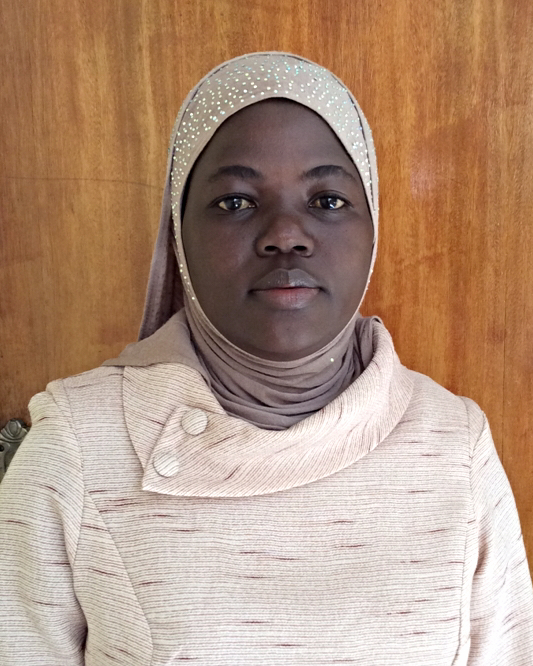 Adiah Nakuti
Adiah Nakuti
Adiah is a TV news reporter for the Uganda Broadcasting Corporation. She believes that enhancing her understanding of the extractive sector will broaden her knowledge of the opportunities that her media house can tap into in terms of news coverage.
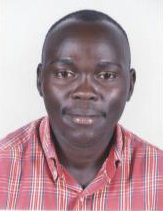 Billy Rwothungeyo
Billy Rwothungeyo
Billy is a junior writer at New Vision, with close to five years of journalism practice. He believes there is a lot of information about the extractive sector that journalists need to bring out in the open, but this can only happen if they are skilled and knowledgeable. Once better equipped with the skills and knowledge, Billy intends to explore issues such as transparency, production-sharing agreements corruption, and the paradox of poverty amidst plenty.